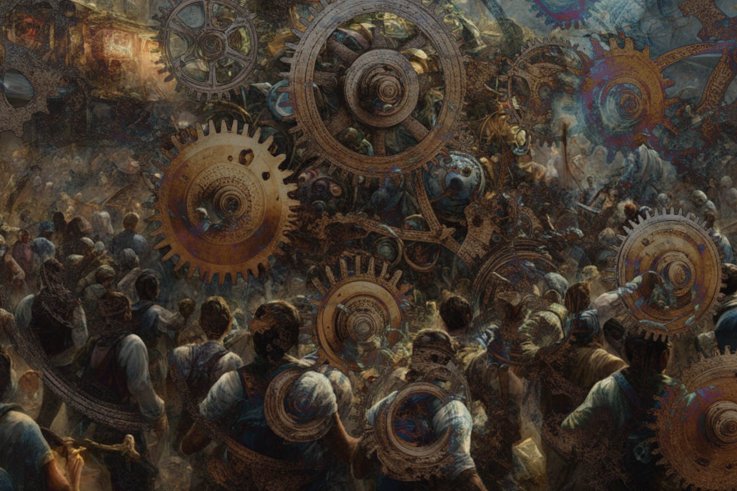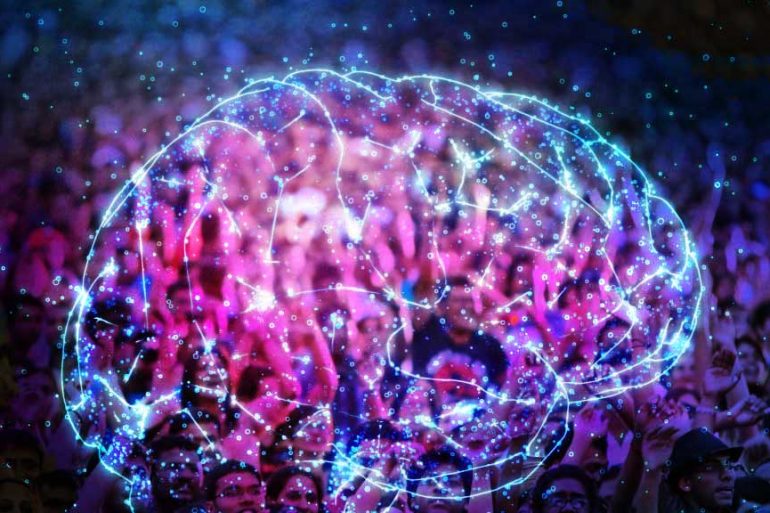In physics, we speak of energy and its various manifestations, such as electricity, light, heat, etc. The situation in psychology is precisely the same. Here, too, we are dealing primarily with energy . . . with measures of intensity, with greater or lesser quantities. It can appear in various guises. . . . As I worked with my fantasies, I became aware that the unconscious undergoes or produces change. Only...
Compared to other social scientists, it appears that social psychologists appear to be especially concerned about the negative effects of rebels in groups. For example, sociologists often point to the important function that deviance plays in group life and the beneficial effects of deviance. Emile Durkheim (1958) highlighted that deviance and crime are important activities within any healthy society. He argued that, in the process of responding to deviance, group...
The anima as a friend or soror mystica (mystical sister) has always played a great role in history. In the “cours d’amour” (courts of love) of René d’Anjou she even takes precedence over the wife. The term maîtresse actually means mistress or master. In the Middle Ages, for example, the worship of the anima led to courtly love, in which the knight was committed to his lady and was at her service. In later history we know of women such […]...
In the realm of myth and music, the story of Tristan und Isolde holds a profound place, delving into the mystique of love and death. This article explores the deeper, perhaps occult, significance of the Tristan und Isolde myth, using insights from Denis de Rougemont’s “L’amour et l’Occident” and Robert A. Johnson’s “Die Traumvorstellung Liebe – Der Irrtum des Abendlandes.” By examining Richard Wagner’s music drama, we unravel the layers...
In most cultures, there is no clear line separating myth from folk or fairy tale. All these together form the literature of preliterate societies. The Nordic languages have only one word for both: saga. The German language retained the word Sage for myths, while fairy stories are called Märchen. It’s the same in the Dutch language, the word Sage for myths, while fairy tales are called sprookjes. It is unfortunate...
When it is exclaimed that contradictions may very well be true, numerous analytic philosophers will screw up their face into an appearance of discomfort, and say ‘But I just don’t see what it could be for a contradiction to be true’. They could mean numerous things by this. ‘See’ might just mean ‘understand’, by which case they might be complaining that traditional two-valued semantics leaves no room, as it were, for something to be both true and false. Such a […]...
The Intersection of Physics and Psychology: Unraveling the Mysteries of Matter, Energy, and the Mind
In Arthur I. Miller’s Deciphering the Cosmic Number: The Strange Friendship of Wolfgang Pauli and Carl Jung, we are introduced to a profound and intellectually stimulating discourse that explores the intersection of quantum physics and psychology. Through the lens of Wolfgang Pauli, a pioneering physicist, and Carl Jung, the father of analytical psychology, Miller delves into the complex relationship between matter, energy, and the psyche. The exploration of these concepts,...
Carl Gustav Jung’s The Undiscovered Self offers a profound exploration into the psychological struggles of modern individuals, particularly within the context of mass-mindedness and societal structures. This short but impactful book delves into the consequences of losing personal identity in the face of collective movements and ideologies, touching on themes that resonate strongly in today’s world. As the fabric of our society becomes ever more dominated by political movements, technological...
Subversion, as a concept, involves the deliberate effort to undermine or destabilize established institutions, authorities, or societal structures. It is often carried out through covert or manipulative means, aiming to erode trust in institutions, demoralize populations, and foster discontent. In the context of the Western world, subversion has taken various forms, and its impact on trust in institutions and contempt for established power can be attributed to several key mechanisms. The collapse of societies Examining the collapse of societies with […]...
The problem of evil is a perennial one. Theodicies abound throughout history, explaining God’s purposes in tolerating evil and allowing it to exist. Mythological and theological dualisms try to explain evil by asserting its metaphysical status and grounding and the eternal conflict between evil and good. More psychological theories locate evil in humanity and in psychopathology. Probably humans have forever wrestled with questions like these: Who is responsible for evil?...
Initiation—an evocative term that conjures images of secret rites and profound transformations—has intrigued anthropologists and scholars of religion for generations. As Joseph Henderson wisely noted in his seminal work, Thresholds of Initiation, “Initiation more than any other body of knowledge has suffered throughout history from the fate of continually being forgotten and having to be rediscovered” (Henderson 2005: 1). In 1909, a remarkable resurgence of interest in initiation rites occurred,...
Penfield’s classic brain experiments of the 1930s inspired a certain famous riddle, long since dubbed “brains in vats” by philosophy students. It goes like this: You think you’re sitting there reading this post. Actually, you could be a disembodied brain in a laboratory somewhere, soaking in a vat of nutrients. Electrodes are attached to the brain. And a mad scientist feeds it with a stream of electrical impulses that exactly simulates the experience of reading this post! Let’s expand a […]...













